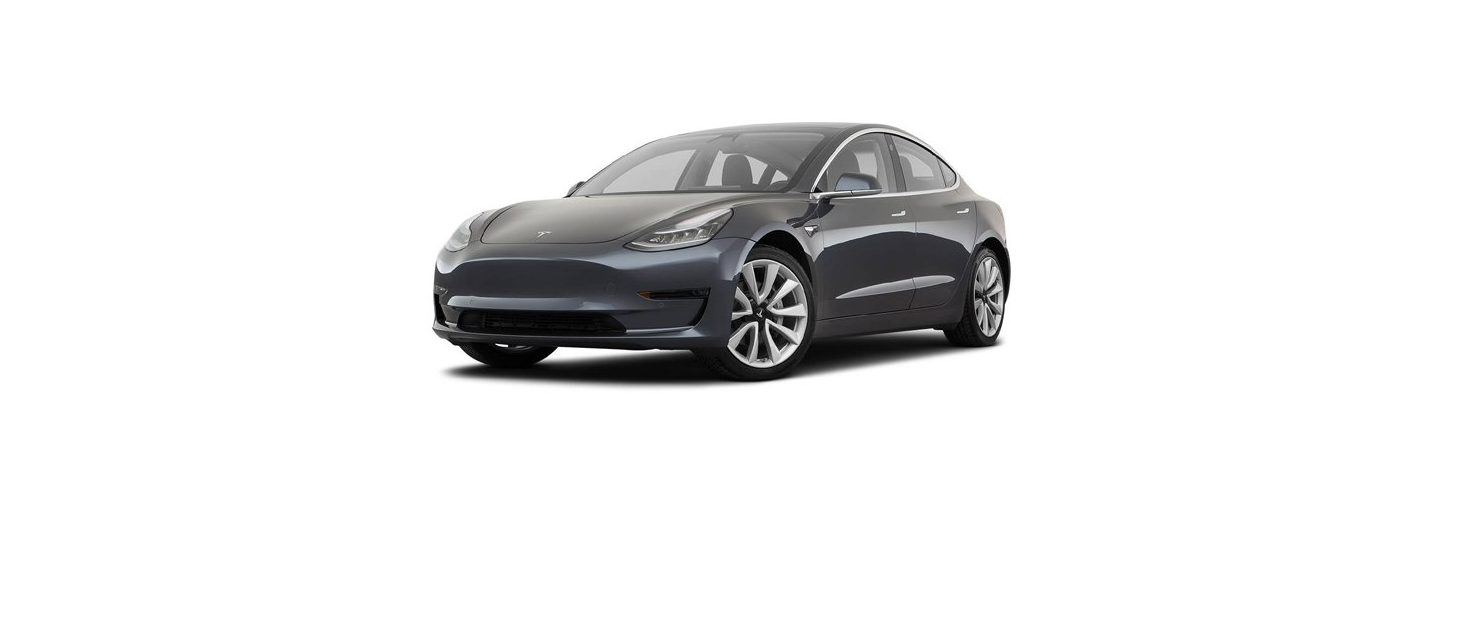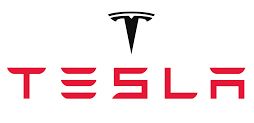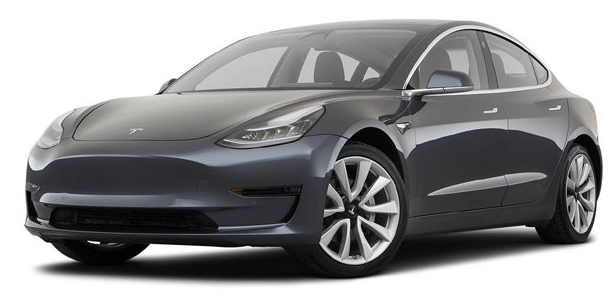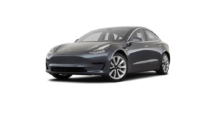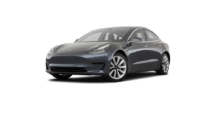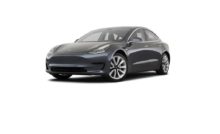You can maximize your driving range using the same driving habits you use to conserve fuel in a gasoline-powered vehicle. To achieve maximum range:
- Slow down your driving and avoid frequent and rapid acceleration. Consider using Chill Mode (touch ) and Speed Assist (see Speed Assist) to assist in controlling your acceleration and speed.
- If safe to do so, modulate the accelerator pedal instead of using the brake pedal when gradually slowing down. Whenever Model 3 is moving and you are not pressing the accelerator pedal, regenerative braking slows down the vehicle and feeds surplus energy back to the Battery (see Regenerative Braking).
- Limit the use of resources such as heating and air conditioning. Using seat and steering wheel heaters (if equipped) to keep warm is more efficient than heating the cabin using climate controls.
- With your vehicle plugged in, use the mobile app to precondition your vehicle to ensure the cabin is at a comfortable temperature and windows are defrosted (if needed) before your drive by touching and customizing your preferences (see Mobile App).
- Touch Schedule, available on both the charging and climate control screens, to set a time when you want your vehicle to be ready to drive (see Scheduled Charging and Scheduled Departure).
- Set Stopping Mode to Hold to gain the benefit of regenerative braking at low driving speeds (see Stopping Mode).
- Ensure the wheels are aligned to specification, the tires are kept at the recommended inflation pressures (see Tire Care and Maintenance), and are rotated when needed (see Maintenance).
- Install aero covers (if equipped) to reduce wind resistance (see Removing and Installing Aero Covers).
- Lighten your load by removing any unnecessary cargo.
- Fully raise all windows.
- Features such as Sentry Mode and Cabin Overheat Protection can impact range. Disable features when not needed.
- To prevent an excessive amount of energy consumption while the vehicle is idle, keep the vehicle plugged in when not in use.
- Minimize the use of DC chargers (such as Superchargers) for optimal Battery health.
It is normal for estimated range to decrease slightly over the first few months before leveling off. Over time, you may see a gradual, but natural, decrease in range at full charge – this depends on factors such as Supercharging regularly or the mileage and age of the Battery. Your Model 3 will inform you in the unlikely event a hardware issue is causing excessive Battery or range degradation. The power meter on the touchscreen provides feedback on energy usage. You can also display the Energy app to view real-time and projected energy usage (see Energy App). With this feedback, you can become familiar with how driving habits and environmental conditions impact how much energy Model 3 is using.

